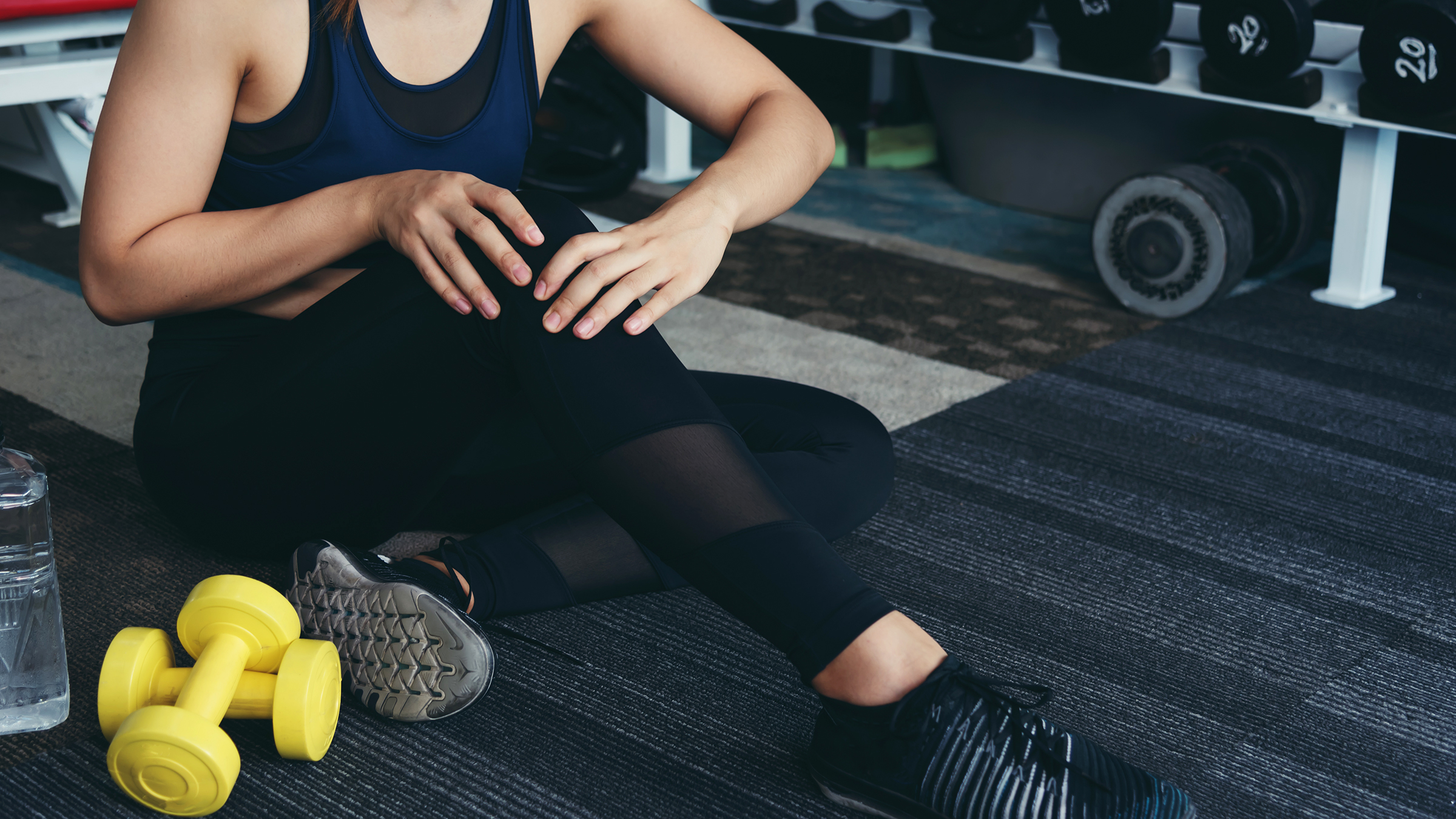Feeling sore after a workout can be a real pain, quite literally. It’s that uncomfortable sensation that reminds you of the hard work you put into your fitness routine. But fear not, there are ways to alleviate and even prevent post-workout soreness. In this article, we’ll share some effective strategies to help you stop feeling sore after exercise, so you can bounce back stronger and keep crushing your fitness goals. So, if you’re tired of feeling like a walking ache after your workouts, keep reading to find out how to stop feeling sore after exercise.

Contents
What types of workouts cause muscle soreness?
When it comes to workouts, it’s important to understand that not all exercises will cause the same level of muscle soreness. Some workouts are more likely to leave you feeling sore the next day than others. Here are the types of workouts that commonly cause muscle soreness:
1. High-Intensity Interval Training (HIIT):
HIIT workouts are intense and involve short bursts of high-intensity exercises followed by periods of rest or low-intensity movements. These types of workouts, which often include exercises like burpees, sprints, and jump squats, can put a significant amount of stress on your muscles, leading to soreness.
2. Strength Training:
Strength training exercises, such as lifting weights or using resistance bands, are designed to challenge your muscles and promote muscle growth. These workouts can cause microscopic damage to the muscle fibers, resulting in muscle soreness.

3. Plyometric Exercises:
Plyometric exercises, also known as jump training, involve explosive movements like jump squats, box jumps, or jumping lunges. These exercises require a lot of power and force from your muscles, which can lead to soreness.
4. Eccentric Exercises:
Eccentric exercises focus on the lengthening phase of a muscle contraction. For example, when you lower a weight down during a bicep curl. This type of exercise can cause more muscle damage and result in increased soreness compared to concentric exercises, where the muscle shortens during contraction.
5. Novel or Unaccustomed Exercises:
Trying a new exercise or incorporating new movements into your workouts can also contribute to post-workout soreness. Your muscles may not be accustomed to the demands of the new exercise, resulting in soreness as they adapt and grow stronger.
How To Stop Feeling Sore After Exercise?
Here are some effective strategies to help alleviate muscle soreness and promote faster recovery after exercise:
- Warm-up and Cool Down: Begin your workout with a dynamic warm-up to increase blood flow to your muscles and prepare them for activity. After your workout, perform static stretches or light exercises to cool down and gradually reduce muscle tension.
- Hydration: Stay hydrated before, during, and after your workout. Water plays a crucial role in muscular function and helps flush out toxins released during exercise.
- Proper Nutrition: Fuel your body with a balanced diet rich in protein, carbohydrates, and healthy fats. Protein aids in muscle repair and recovery, while carbohydrates replenish glycogen stores. Include foods like lean meats, whole grains, fruits, and vegetables in your post-workout meals.
- Foam Rolling: Incorporating foam rolling into your routine can help reduce muscle soreness by releasing tension and improving circulation. Roll over targeted muscle groups, applying gentle pressure.
- Active Recovery: Engage in light, low-impact activities, such as swimming or walking, on rest days. This helps increase blood flow to the muscles, promoting recovery without adding excessive strain.
- Massage Therapy: Consider scheduling regular massages to help relieve muscle tension, improve range of motion, and accelerate recovery. Massage therapy can help break up adhesions and decrease muscle soreness.
- Get Enough Rest: Allow your body enough time to rest and recover between workouts. Aim for 7-9 hours of quality sleep each night as it plays a crucial role in muscle repair and growth.
Keep in mind that muscle soreness is a normal part of the exercise process and should subside within a few days. If soreness is severe or persistent, it’s important to consult with a healthcare professional.
FAQs:
Why do muscles get sore after exercise?
Muscles get sore after exercise due to a phenomenon called delayed onset muscle soreness (DOMS). It is a normal response to physical activity, especially when trying new exercises or pushing oneself harder than usual.
Can muscle soreness cause weight gain?
Muscle soreness itself doesn’t cause weight gain, but it may lead to temporary water retention. Each pound of muscle holds about 3 pounds of water, so a weight gain of 1 to 3 pounds is possible. This weight gain should subside as the muscles recover.
Does applying ice help with muscle soreness?
Applying ice to sore muscles can help reduce swelling and provide pain relief. It is recommended to alternate between ice and heat throughout the day when recovering from exercise-related overuse injuries.

Hello, I’m Ravindra. Over the years, I’ve immersed myself deeply into the world of fitness and health, transforming both my body and mind. Writing has allowed me to share my journey, insights, and expertise with those just starting out and seasoned fitness enthusiasts alike. Beyond just routines and diets, I believe in inspiring others to adopt a holistic approach to well-being.
